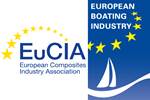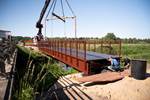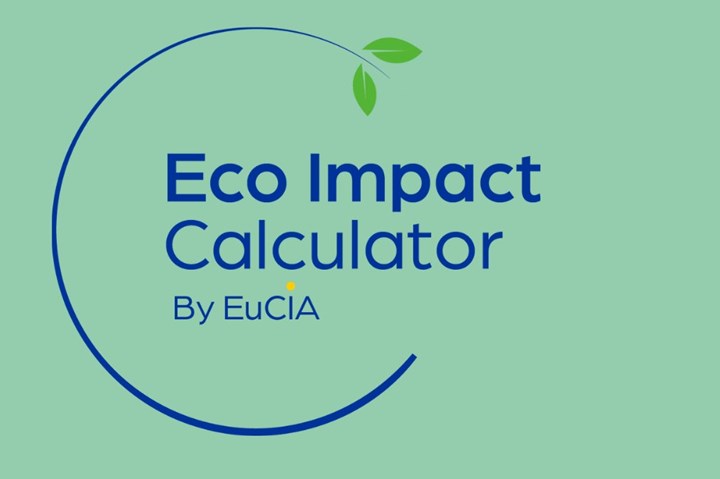Composites association demonstrates composites circularity
JEC World 2024: EuCIA is offering demonstrators of its Eco Impact Calculator LCA tool, and holding discussions about its initiatives in composite materials circularity, including a recent position paper and the EU-funded REFRESH project.
The European Composites Industry Association (EuCIA, Brussels, Belgium) is demonstrating the Eco Impact Calculator, a free life cycle assessment (LCA) tool for composite parts. Visitors can also find out about EuCIA’s initiatives to demonstrate and advance the circularity of composite materials, including its recent position paper on the new End-of-Life Vehicles (ELV) Directive, and arrange meetings to discuss REFRESH, the EU-funded project developing solutions for recycling wind turbine blades.
EuCIA’s Eco Impact Calculator answers a growing need to provide detailed information on the environmental impact of composite products. Available on EuCIA’s website, it is an easy-to-use LCA tool which calculates the environmental impact of polymer composite products (e.g., thermoplastics, carbon fiber and fiberglass) from cradle to gate, using a transparent and uniform sector methodology for processes following ISO 14.040/044. Users do not need any in-depth knowledge of LCA techniques and the data can be exported in the form of an Eco Report listing three sustainability indicators: carbon footprint (greenhouse gas protocol); cumulative energy demand (CED); and international reference life cycle data (ILCD) system sustainability score.
The data can be downloaded for import into the SimaPro LCA software to enable full LCA calculations.
EuCIA also welcomes the new ELV Directive’s objective to improve circularity in the automotive industry. It believes, however, that the benefits of composite materials and their positive impact in improving vehicle sustainability should be recognized and balanced with current challenges related to their waste management.
In its recent position paper, “New ELV Directive: Considerations from the Composites Value Chain Perspective,” EUCIA addresses areas of the new directive draft that need further consideration to avoid potential misunderstandings regarding composite materials. EuCIA provides clarifications regarding the dismantling, reuse and recycling of composite components and recommends some amendments to the draft proposal.
Moreover, EuCIA is highlighting the Horizon Europe project REFRESH (Smart dismantling, sorting and REcycling of glass Fibre Reinforced composite from wind power Sector through Holistic approach). The EU has set ambitious growth targets for wind energy. In addition, the wind industry must answer demands for greater sustainability. REFRESH is developing a system to enable improved recycling of composite materials from the growing number of end-of-life blades resulting from turbine dismantling or reblading. In the project consortium, EuCIA joins partners RINA, Acciona, Cetma, Circe, Enecolab Srl, Gees Recycling, Gjenkraft AS, MTB Manufacturing, STD Environnement and Tecnalia.
The project is now in its second year and demonstration and testing of the REFRESH solutions will start later in 2024.
Visit EuCIA at Booth P120 in Hall 6.
Related Content
-
Novel composite technology replaces welded joints in tubular structures
The Tree Composites TC-joint replaces traditional welding in jacket foundations for offshore wind turbine generator applications, advancing the world’s quest for fast, sustainable energy deployment.
-
Natural fiber composites: Growing to fit sustainability needs
Led by global and industry-wide sustainability goals, commercial interest in flax and hemp fiber-reinforced composites grows into higher-performance, higher-volume applications.
-
JEC World 2023 highlights: Recyclable resins, renewable energy solutions, award-winning automotive
CW technical editor Hannah Mason recaps some of the technology on display at JEC World, including natural, bio-based or recyclable materials solutions, innovative automotive and renewable energy components and more.

















